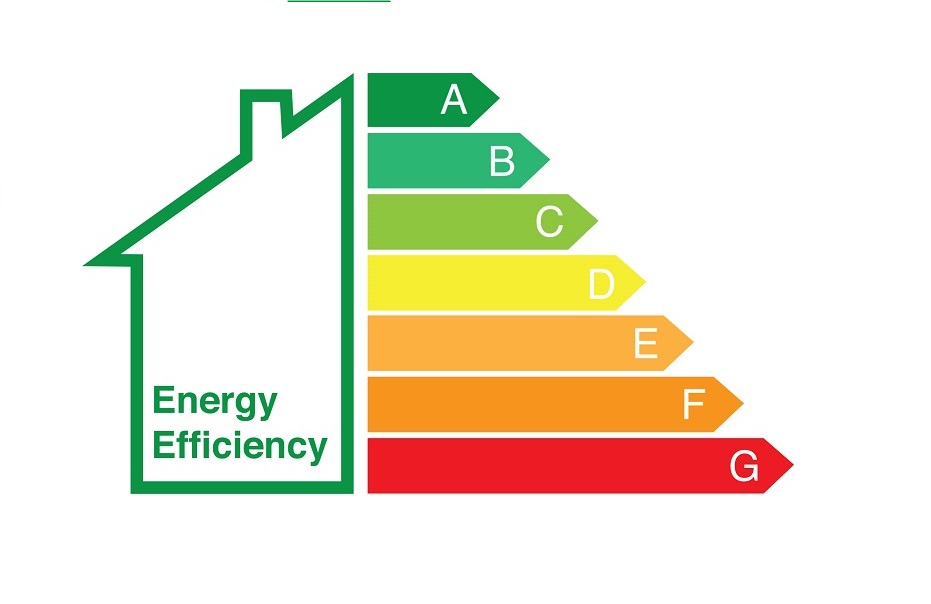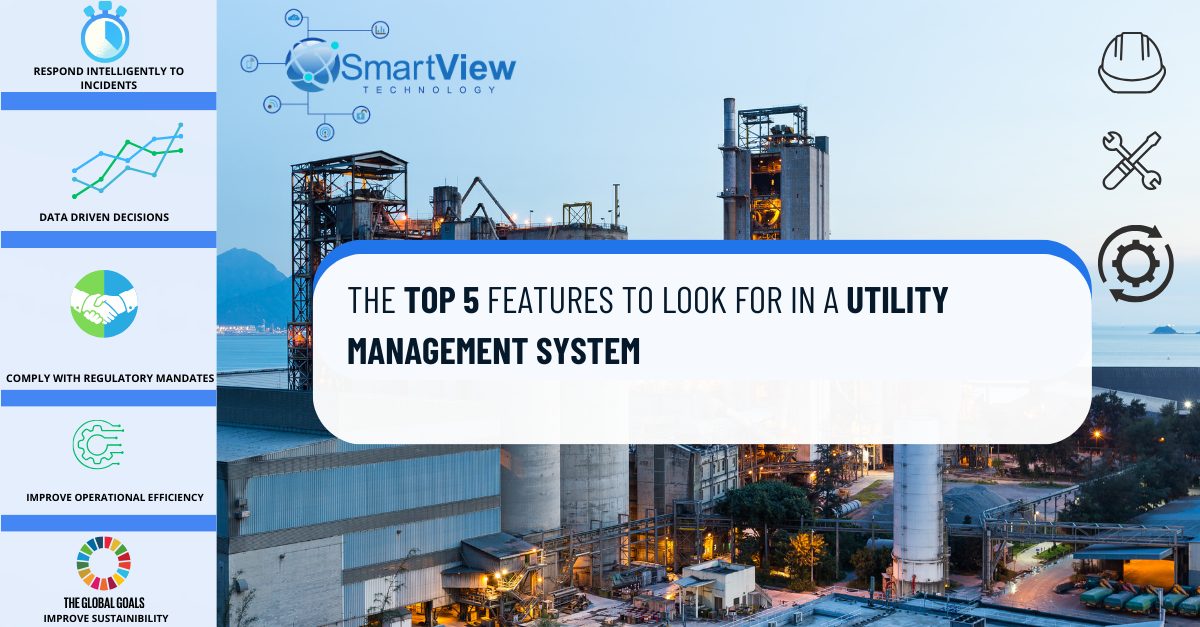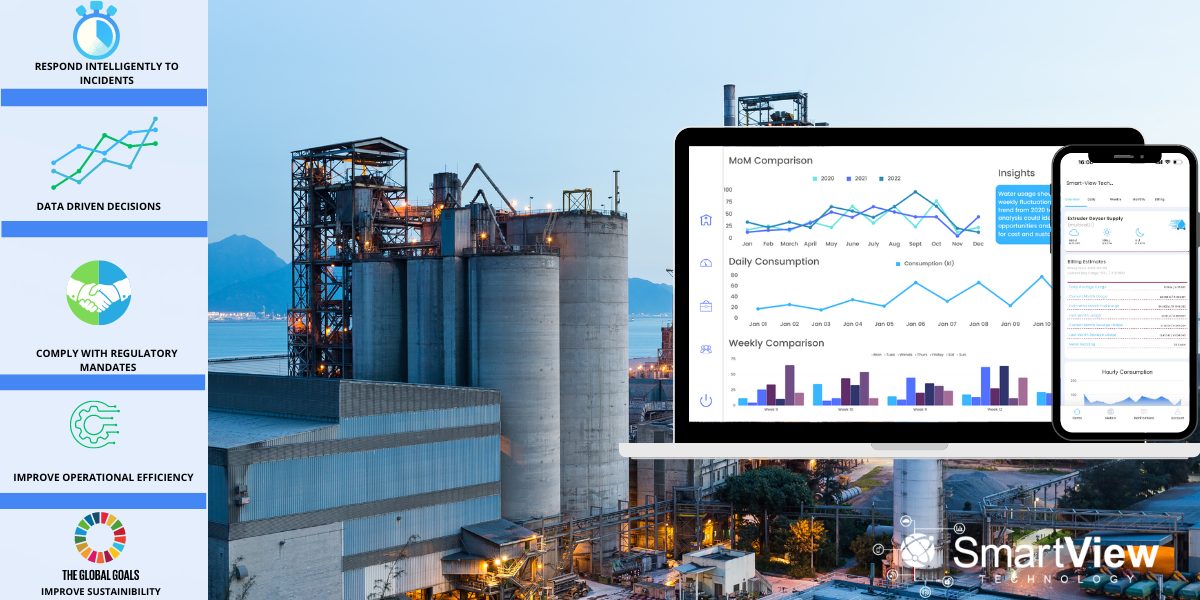Implementing a smart water metering system for C&I customers
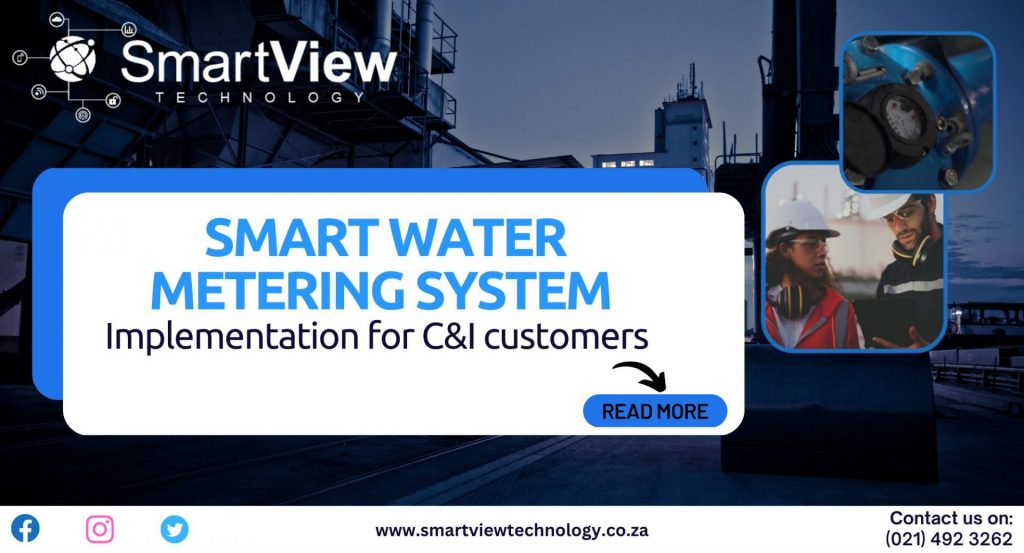
A smart water metering system uses advanced meter infrastructure and automatic meter reading to accurately measure and track water usage in real-time. This system can be used to monitor water usage in residential, commercial, and industrial properties. It can detect leaks, track usage patterns, and manage water resources more efficiently.
Implementation Process
To implement a smart water metering system, the first step is to choose the right technology. There are a variety of technologies available, including ultrasonic, magnetic, and infrared meters. Each of which has its own advantages and disadvantages. It is important to consider the specific needs and requirements of the property, such as the size and the number of water meters required.
Once the technology has been chosen, the next step is to install the meters and the necessary infrastructure, such as communication networks and software. This may involve working with a professional installer or water management company. This is to ensure that the system is properly configured and that all necessary components are in place.
With the system installed and set up, it is important to train staff and residents on how to use and manage the system. This may involve providing training sessions and learning materials, such as user manuals and tutorials. Additionally, it is important to establish protocols for monitoring and managing the system, including regular maintenance and troubleshooting.
A key benefit of a smart water metering system is its ability to provide accurate and real-time data on water usage. This data can be used to identify patterns of water usage. This includes peak usage times, detect leaks and other inefficiencies in the system. This information can be used to optimize water usage, reduce water waste, and lower water bills.
In conclusion, a smart water metering system is a powerful tool for managing water resources more efficiently and reducing water waste. A smart water metering system can provide real-time data on water usage, detecting leaks and inefficiencies, and enabling remote monitoring and control. Thus helping to optimize water usage, lower water bills and reduce the risk of property damage. However, a proper implementation and maintenance is crucial for the system to be successful.
Real-Time Leak Detection and Prevention
Smart water metering systems offer more than just consumption insights; they also play a crucial role in detecting and preventing leaks in real time. Leaks can lead to substantial water losses and significant financial setbacks for businesses. By promptly identifying and addressing leaks, C&I customers can minimize water wastage and mitigate potential damages.
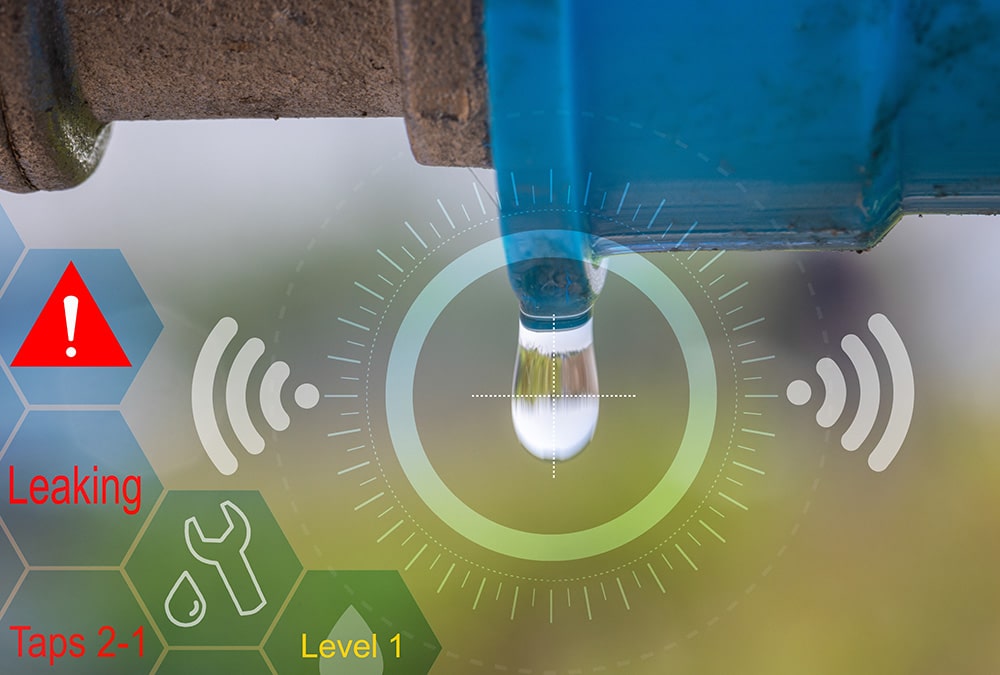
Data-Driven Sustainability Strategies
The implementation of a smart water metering system enables C&I customers to adopt data-driven sustainability strategies. Armed with accurate consumption data, businesses can set achievable water reduction goals, track their progress, and implement targeted initiatives to promote responsible water usage.
Empowering Regulatory Compliance
Smart water metering systems not only empower C&I customers to manage their water usage efficiently but also facilitate compliance with regulatory requirements. These systems provide accurate and auditable data that can be used to demonstrate adherence to water usage regulations and reporting standards.
Cost Savings and Return on Investment
The implementation of a smart water metering system can lead to substantial cost savings and a favorable return on investment (ROI) for C&I customers. By identifying and addressing inefficiencies, minimizing wastage, and optimizing water-related processes, businesses can enjoy both short-term financial gains and long-term operational benefits.
In conclusion, implementing a smart water metering system for Commercial and Industrial customers offers multifaceted advantages, ranging from enhanced consumption insights and leak detection to data-driven sustainability strategies, regulatory compliance, and substantial cost savings. This technology-driven approach not only promotes responsible water usage but also positions businesses for a more sustainable and profitable future.
Ready to Start Your Utility Management Saving Project?
